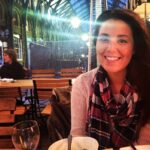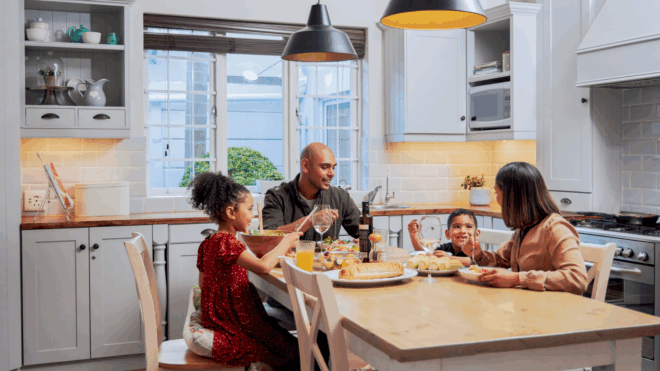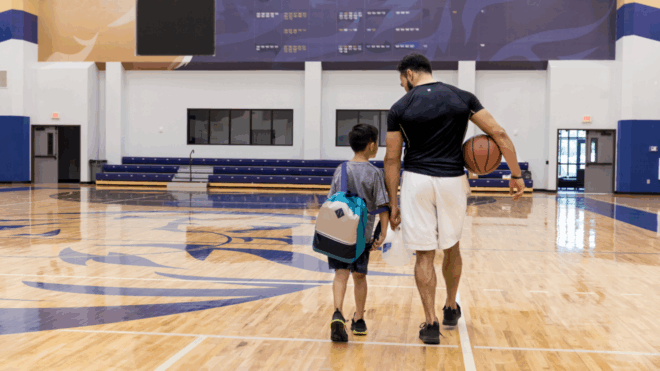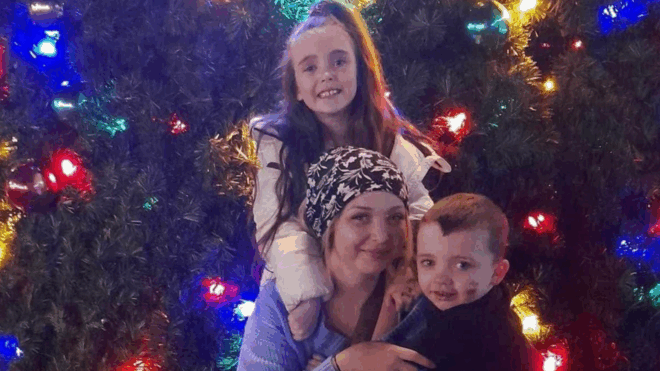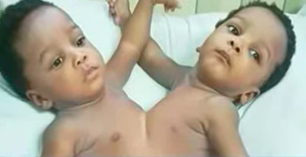
After a grueling, 13-hour-long surgery that required a whopping 78 team members, surgeons in Nigeria were able to successfully separate twin sisters who've been conjoined at the chest and abdomen since birth. The incredible medical feat was met with cheers inside National Hospital, one of the country's government-run specialist centers. Although the operation actually happened in November, details are just now being shared with the public.
The twins were born in August, but doctors waited several months to perform the surgery, according to CNN.
Part of the wait was because doctors wanted to be sure of what internal organs, if any, Mercy and Goodness Ede Martins shared.
"We needed to determine if they could live independently when they are separated. We found out that they were sharing a diaphragm and one liver was serving both of them, but all other organs were separate," pediatric surgeon Emmanuel Ameh told CNN.
There was also an added hurdle that had to be overcome.
Aside from being joined at the chest, the Martins girls were born with a condition called omphalocele — a birth defect that apparently left a section of their intestine sticking outside their navel.
The girls first had to undergo surgery to repair the birth defect and then wait several weeks to recover before doctors could move forward with separating them.
Finally, by November, the twins were cleared for surgery.
It's estimated that conjoined twins occur once in every 50,000 to 60,000 births, making the Martins twins part of a rare group of people.
According to the Children's Hospital of Philadelphia, roughly 70 percent of conjoined twins are female, like Mercy and Goodness, though sadly, most are stillborn. Although twins who share a heart cannot be separated, amazing medical strides have been made in recent years to separate even those who share other major organs.
The surgery was so complicated and delicate, the Martins family would have normally had to pay thousands for the procedure.
Knowing that the parents could not afford such staggering medical costs, doctors performed the surgery for free.
"We are just happy and proud that the team that worked on this surgery were all Nigerians," said Dr. Tayo Haastrup, National Hospital spokesman. "It was done in Nigeria and the parents didn't have to go outside the country."
